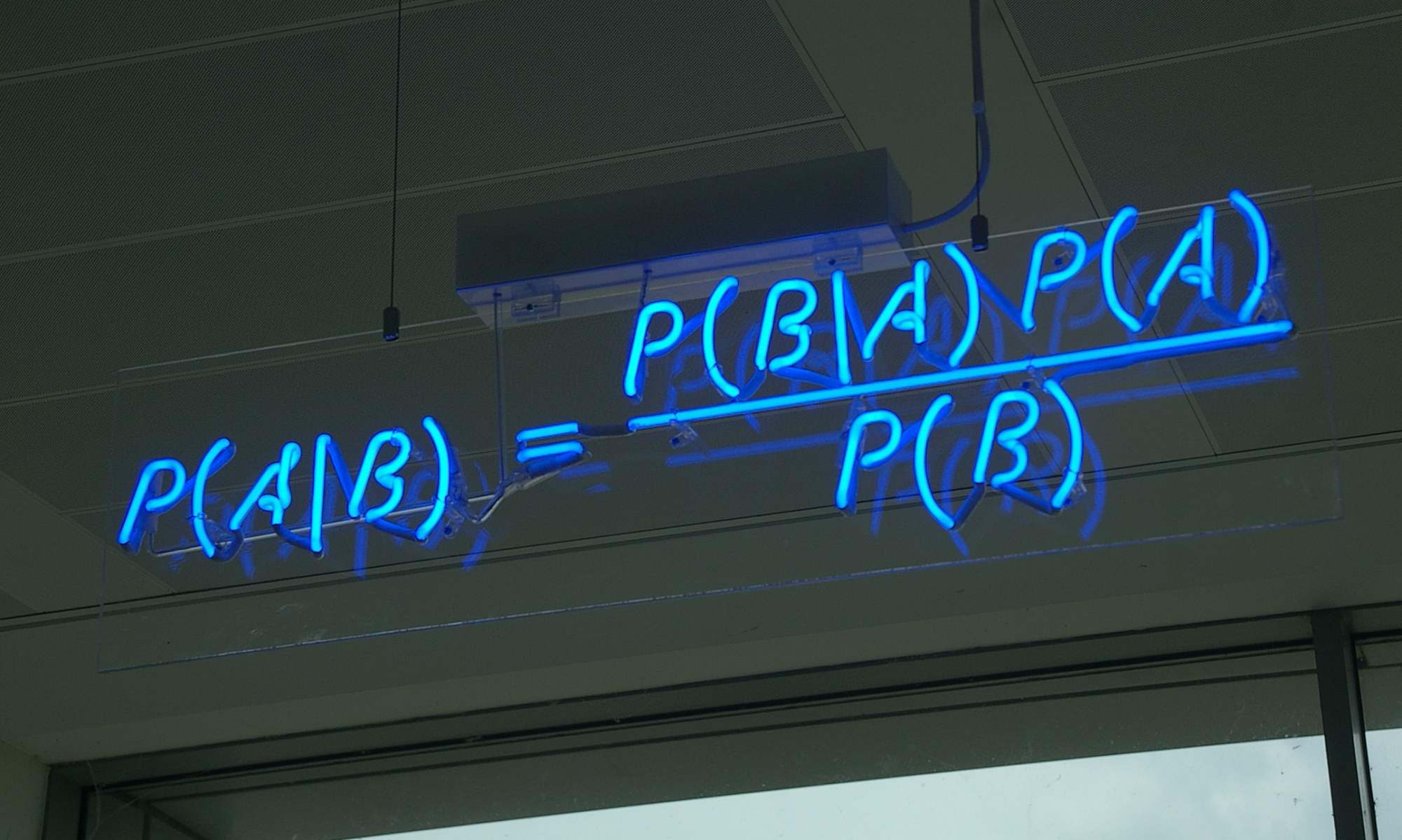Growth curve modeling is commonly used in psychological, educational, and social science research. The mainstream estimators for growth curve modeling are based on normal theory, but real data are unlikely to be exactly normally distributed. To improve estimation and inference with non-normal data, various estimators have been proposed. Among these estimators, the asymptotically distribution free ( ADF ) estimator does not need to rely on any distribution assumption but it is not efficient with small and modest sample sizes. We propose a distributionally weighted least squares ( DLS ) estimator in the growth curve modeling framework. DLS combines normal theory based and ADF based generalized least squares estimation to balance the information from the data and the normality assumption. Computer simulation results suggest that model-implied covariance based DLS ( DL S M ) generally provides more accurate and efficient estimates than the examined alternative methods regardless of the distribution. In addition, the relative biases of standard error estimates and the Type I error rates of the Satorra–Bentler test statistic ( T SB ) in DL S M were competitive with the classical methods including maximum likelihood and generalized least squares estimation. We illustrate how to implement DL S M and select the optimal tuning parameter by a bootstrap procedure in a real data example.
Du, H., Bentler, P.M., & Rosseel, Y (In press). Distributionally-weighted least squares in structural equation modeling. Structural Equation Modeling.
